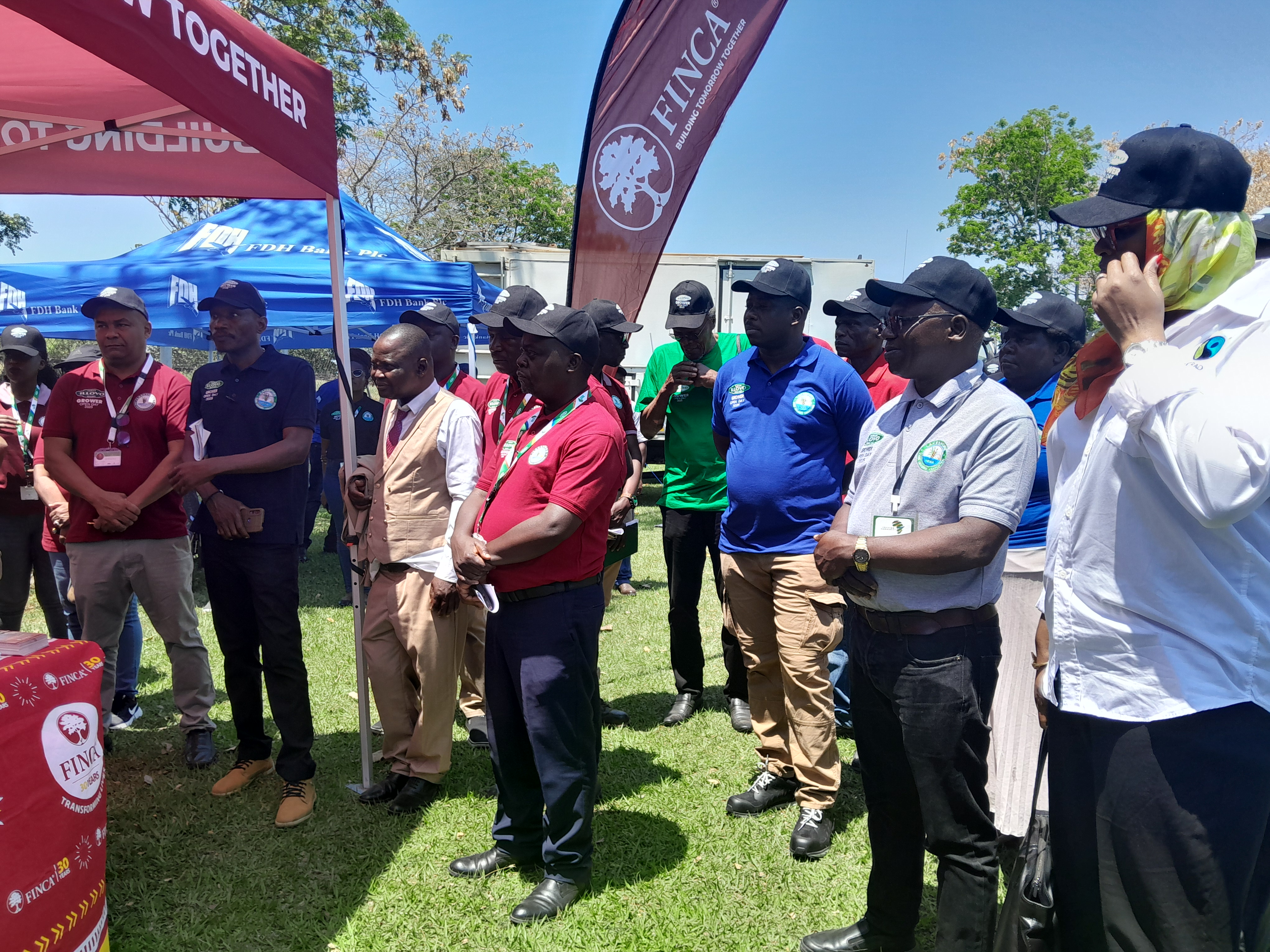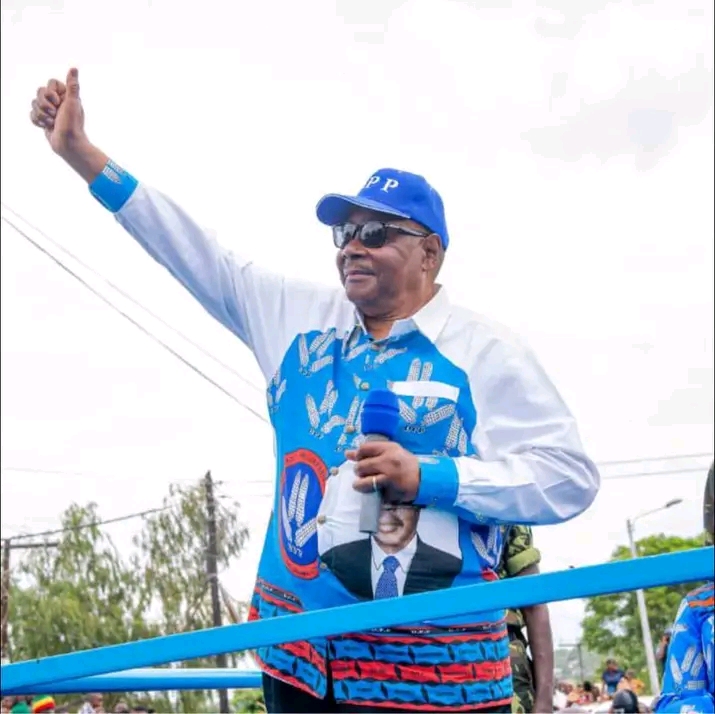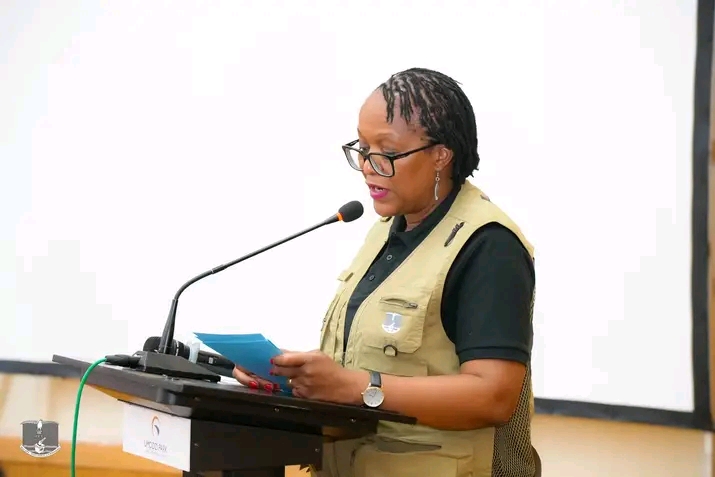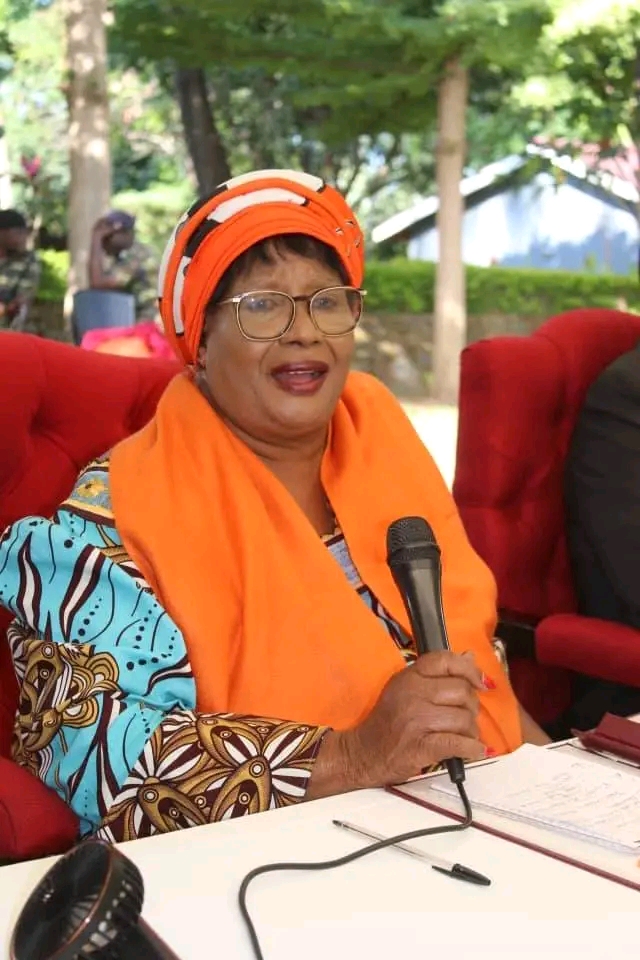“It has been 15 years since I contested in 2009 as a member of Parliament and actually, I lost with 8 votes only,” said Susan Mussa Kakota, the only woman vying for the parliamentary seat in Nkhotakota Central Constituency against eight men.
Her determination reflects a broader shift in Nkhotakota politics, where women’s participation has recently increased from 22.9% in the past elections of 2019 to 31.4% in the upcoming Tuesday’s September 16, 2025 polls.
While more women are running, very few have managed to win. For instance, in 2019, Statistics from the Malawi Electoral Commission shows that only one woman out of the eight secured a parliamentary seat at Nkhotakota North East, now known as Nkhotakota Liwaladzi Constituency. Unfortunately, Martha Lunji Chanjo, who won the seat, later passed away in 2021 while serving as Minister of Labour, leaving the district without female representation.
As it stands, the district does not have any female parliamentarian, a reality that undermines the country’s efforts under the Gender Equality Act of 2014, which strives to provide equal opportunities for both men and women.
Across Southern Africa, women’s political participation has been growing, but winning seats remains an uphill battle. South Africa and Mozambique, for example, have made strides with over 40% women in parliament, largely due to party-enforced quotas.
By contrast, Zambia and Malawi still lag behind, struggling to translate higher candidacy numbers into actual representation.
Nkhotakota’s experience reflects this regional paradox: more women are stepping forward, but very few are crossing the finish line.
For Kakota Mussa, once served as the President for the Chess Association of Malawi, her spirit of serving the community made her come back and contest, believing that she had already gained space. With her current leadership position in the sports sector, she believes she can add value to the people.
While describing the reception as positive, Kakota noted that the campaign period has been resource draining due to the way politics are perceived in the country.
“Community perceive campaign as a way of getting money, so everywhere I go, including kids, they are looking for money. During the campaign period most churches were organizing fundraising or paper Sundays, looking for money, that was the biggest challenge,” said Kakota.
Dorothy Chikonje, a first-timer contesting in Nkhotakota Dwangwa Constituency under the Malawi Congress Party (MCP), said the reception she got from the community as well as the party made her go ahead with the decision of contesting.
She hailed her party for the support, which included providing t-shirts and wrappers (zitenje) that she was able to distribute to her supporters, saying that’s what most people were looking for. She, however, decried the tendency of other women who are always sceptical about supporting fellow women due to jealousy, among other reasons.
For voters like Martha Chikakuda (38) of Mwansambo Village in the area of Senior Chief Mwansambo, women stand a chance of winning this coming election, saying most people have changed in the way they view women compared to past years.
She added that though currently the district has no female parliamentarian, she believes that out of the 11 contesting in the five constituencies in the district, there is high probability that the district will produce at least two or three women.
Thokozani Fickson of Malasa 2 Village in the area of Traditional Authority (T/A) Malengachanzi said most women are disadvantaged due to lack of resources, as most people these days are fond of handouts.
Additionally, Fickson said that having attended political rallies of different presidential candidates, women have tried to outline their manifestos and it seems they are geared toward developing their areas.
Political analyst Ceazer Kondowe believes the coming out of more women in Nkhotakota District to contest is due to interventions that include the 50:50 campaign, the enactment of the Gender Equality Act, and the presence of women in high positions—citing as an example of the office of the Speaker of Parliament, which is being held by a female. He said this encourages more women that they too can attain high positions.
Kondowe added it is high time the voters trusted women, as there is evidence that areas run by female parliamentarians have, in many cases, delivered well in terms of developing their communities.
Echoing Kondowe’s sentiments is Viwemi Chavula, the Executive Director for the Centre for Civil Society Strengthening, who also led the 50:50 Campaign under the 50:50 Campaign Management Agency.
He believes the introduction of quotas will assist in ensuring that women secure seats, hence bridging the gap. He argues that other African countries like Mozambique, Rwanda, and Zimbabwe have adopted this approach.
As it stands, Malawi’s female representation in Parliament is at 22.9%. Though this year 31.4% are contesting in the 2025 elections, the percentage still falls short of its Political Empowerment of Women Strategy, where the nation targets 35% of women winning parliamentary and local government seats in 2025 elections.
Since Malawi is a signatory to the 1997 Southern African Development Community (SADC), it is mandated to establish deliberate policies to achieve gender equality.
With only two days before Malawians go and cast their votes, Kakota and Chikonje are only hoping that the tables will turn in their favour, defeating the current status of zero women representing the district in Parliament.





